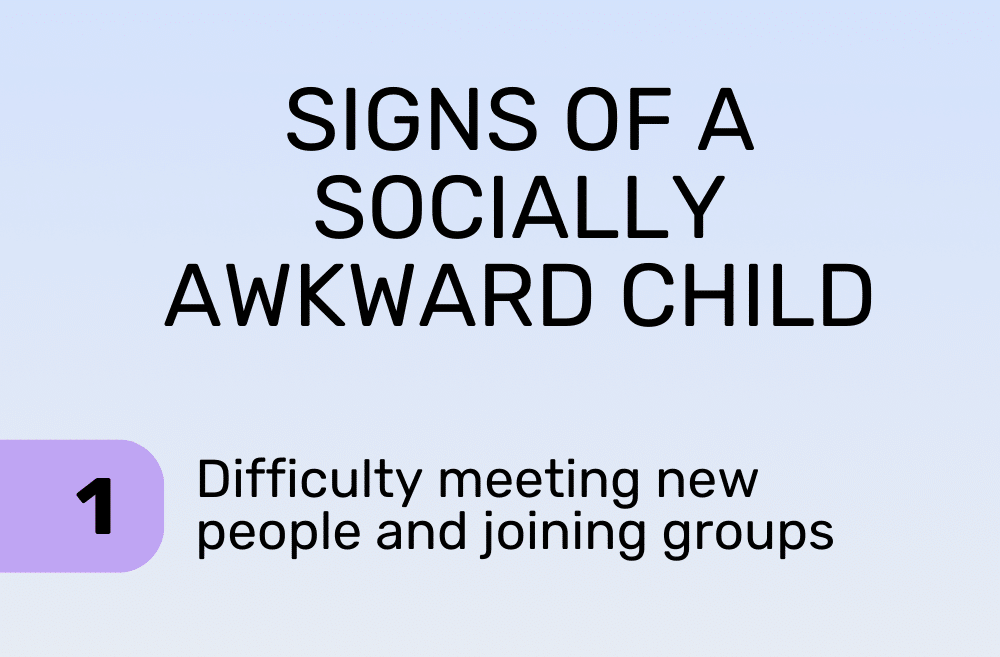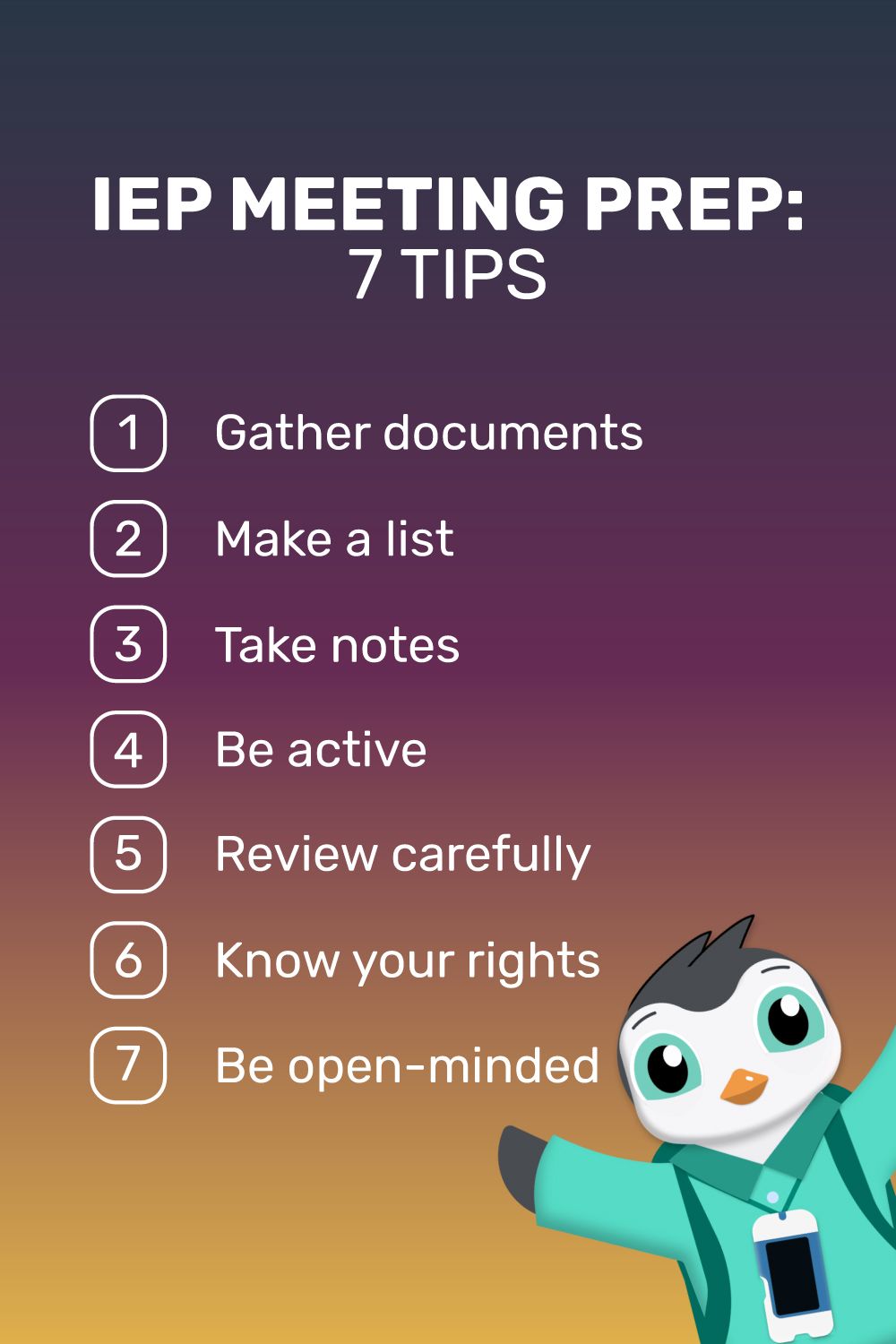In plain terms, social identity groups are clubs, teams, or teams kids tend to join because they share something. Imagine, a kid might be in the blonde hair crew at school or be part of the soccer team association because they share these characteristics or interests with others.











